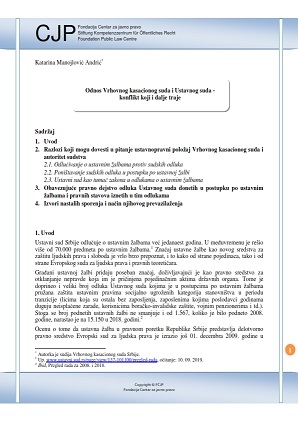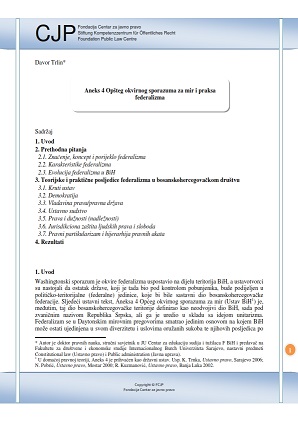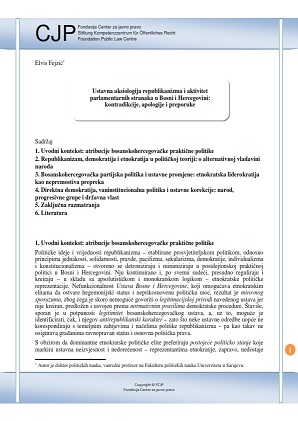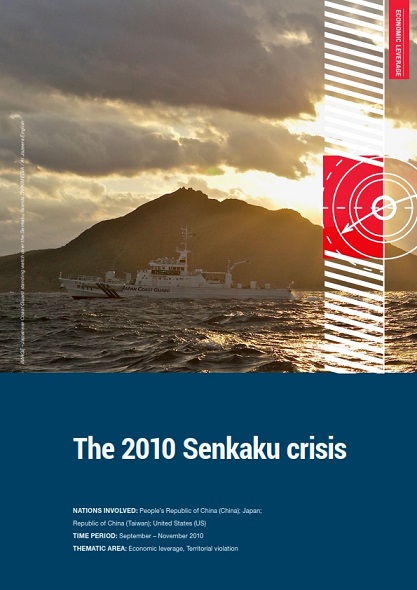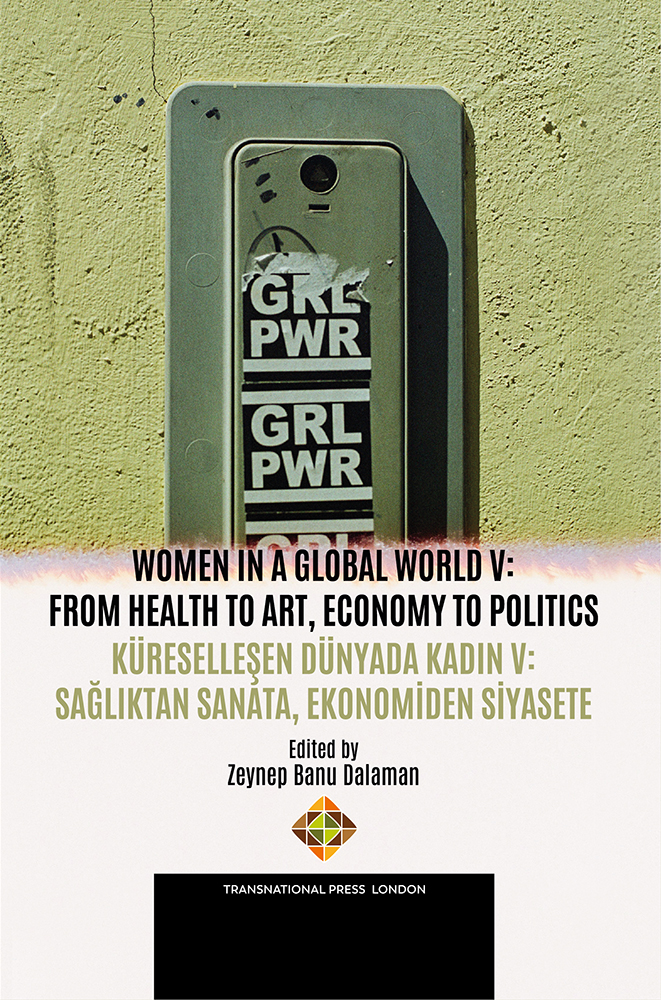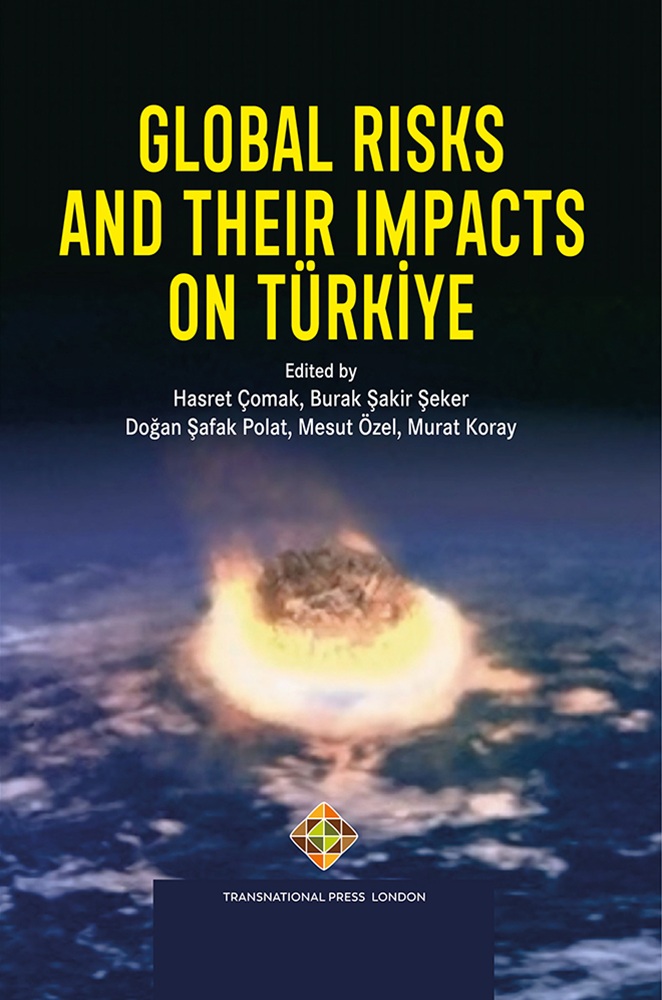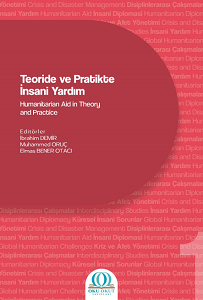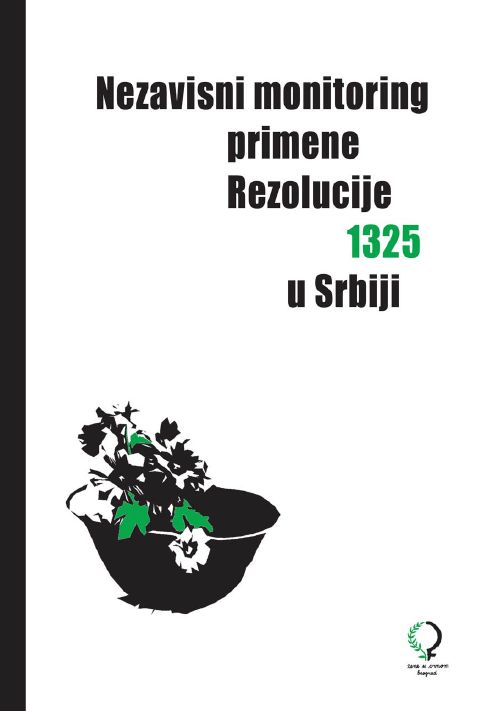Author(s): Sümeyra Turgut,Şirin Kiliçdoğan / Language(s): Turkish
Publication Year: 0
Social work is a discipline based on human well-being, it deals with each individual who is a victim of war, determines the necessary humanitarian aid and needs at the best level and makes the necessary interventions. This study defines the humanitarian aid needed by civilians living in a war environment in terms of social work discipline. In particular, the inhumane war experienced by Gaza, which has been under heavy bombardment and massacre by Israel before the eyes of the world since October 7, 2023, and its historical background is explained. Before this war, the ‘Gaza Strip’, or the Gaza embargo, was imposed on Gaza by Israel. This embargo disrupts the vital needs of Gaza and causes them to experience many economic, social and psychological difficulties. In addition, the October 7 war, which was a massacre, created women, children, the elderly, the disabled and many disadvantaged groups in Gaza. Israel has been killing Gazan civilians, namely women, children and the elderly, indiscriminately since October 7 and turning their living spaces into; They are causing moral and material damage by bombing homes, schools, places of worship, hospitals and workplaces. Inevitably, Gaza has urgent humanitarian needs in the fields of nutrition, shelter and health. The humanitarian needs due to the humanitarian crises they experience as a result of this inhumane war are expressed in the light of social service discipline. The method of the research will be used as a document analysis technique from qualitative research methods. Document analysis includes the collection of research data from many different documents, reviewing them, questioning them within the framework of the research question, and finding, reading, taking notes, and evaluating sources. In addition, providing additional data, providing an additional perspective, and compensating for possible bias that a single data collection method may bring, all of which pave the way for increasing the reliability of the study. The importance of the research is that, while conducting a literature review, it was determined that there was no similar study and that there were deficiencies in the literature on this subject. This study will contribute to the literature by providing information in the field of war and social services and expressing humanitarian aid practices.
More...
